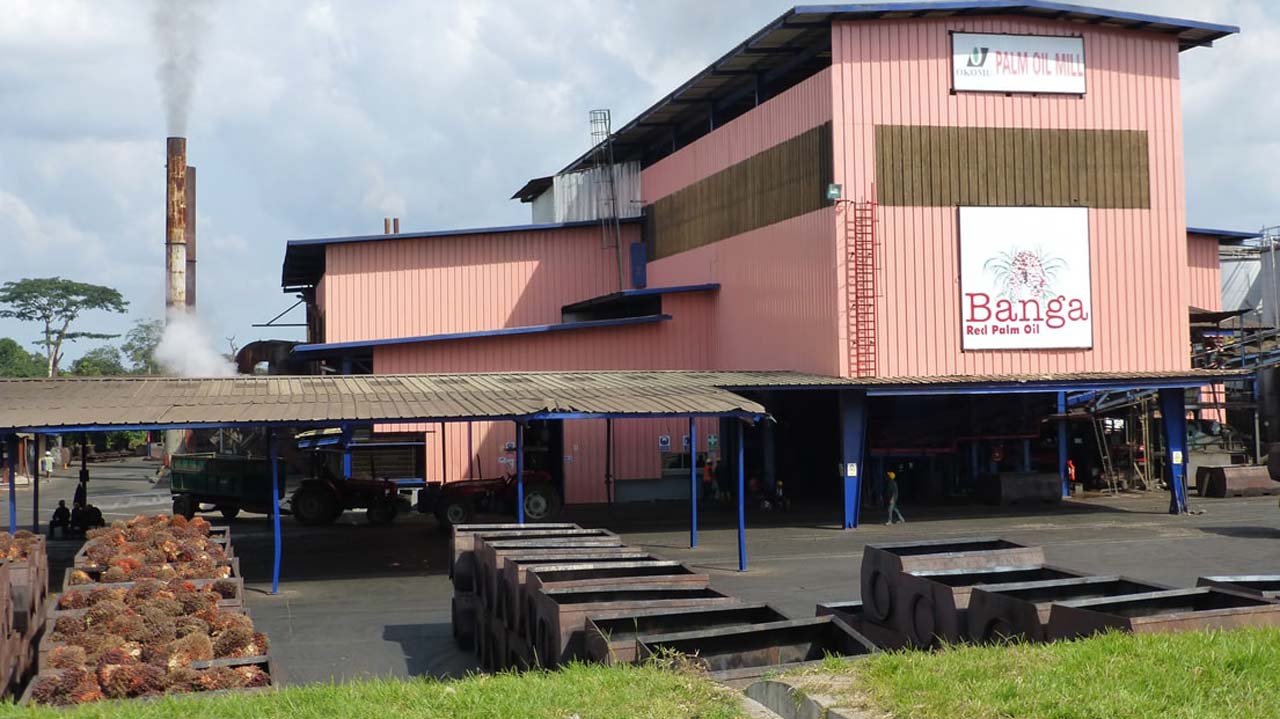James Emejo in Abuja
Executive-Secretary, National Agricultural Land Development Authority (NALDA), Mr. Cornelius Adebayo, has disclosed that its greenhouse project will make vegetables available, and closer to Nigerians all year.
Addressing journalists during a tour to one of the authority’s Greenhouse projects, located at the Yakubu Gowon University (formerly University of Abuja), he said, “We have realised that one of the major problems we have is vegetable availability — vegetable oil and fresh produce”.
The facilities are large, temperature-controlled, fully high-tech platforms, replicated across the country.
The project includes a packing house to clean and package produce, and a cold storage attached to the packing house, which is fully solar-powered.
The Abuja project include 20 units of the normal net greenhouses with one nursery as well as 30 units with a nursery in Shagamu Ogun State.
He said the greenhouse initiative currently under construction is expected to be fully operational across the country by January 2026 while the Abuja facility is expected to be commissioned by December.
The greenhouse project is one of the Innovations spearheaded by Adebayo on assumption of office – to bring vegetables closer to the people, and to cut wastage occasioned by storage deficits.
He said, “Strategically, we placed one in Giri because we understand that the Abuja market is one of the biggest markets for this. In Lagos, we put one in Shagamu. Across Lagos and Shagamu, there’s a cluster.
“We’re also supporting other greenhouse owners around Shagamu and Epe areas to increase their capacity. Most of these facilities will not be run by NALDA; they’ll be handed over to young people who understand how to manage them.
“For instance, two net houses can be attached to one youth, and the next two to another person, so, they all thrive within this area. Off-takers will come and collect what they produce.”
He said, “The third layer of all this is open-field vegetable farming. We decided to do a minimum of 10 hectares per federal constituency. This will make regular pepper, vegetables, and grains available and affordable.
“That initiative is mainly in support of women, while the greenhouse projects are targeted at the youth. For every 10 hectares, which is quite large in horticulture, we’re providing land clearing.
“We’ve already picked 16 locations — from Cross River to Kwara, to Taraba, to Plateau — where we’re rolling out this open-field initiative. Land clearing is ongoing. We’ll provide irrigation, packing houses, and cold storage for the women.”
The NALDA boss said he believed the three-layered approach will help to “solve a lot of the vegetable availability issues”.
He said, “Government is not in the business of doing business, but in the business of creating an enabling environment for businesses to thrive.
“Our role will be to monitor their activities and ensure best practices. We have a lot of youth who are not engaged.
“These are the kinds of initiatives that can engage them. A youth managing two of these houses could thrive. Normally, they wouldn’t have the resources to do this, but government has put it forward and said, come and thrive, come and do your business.
“Over time, they may pay back, but it’s not a loan with high interest or pressure.
“At NALDA, we believe that if we solve infrastructure problems for farmers, we’ve solved most of their challenges.
“The new NALDA doesn’t believe in gifts of inputs. If farmers have the infrastructure they need — subsidised — then financing inputs becomes easy.”
Continuing, he said, “In developed countries, input financing is fast. So, our focus at NALDA is to subsidise infrastructure — which is the costliest part.”
Gatefield Summit to Define New Agenda for Resilient Health Future Amid Funding Gaps
James Emejo in Abuja
Stakeholders at the 2025 Gatefield Health Summit will seek to define a new agenda for resilient health futures amid poor funding and investment gaps in the sector, the organisers have said.
Billed to commence from October 22–23, the summit will convene global and regional leaders who will chart a new course to avert health emergencies.
According to Gatefield, leaders from the World Bank,
Policy Innovation Center, and the South African Medical Research Council, as well as the International Diabetes Federation, Pathfinder International, and Society for Family Health have all been confirmed to speak at the August event in Abuja.
The summit conveners noted that across Africa, warning signs are clear that one in three adults has high blood pressure, while one in three people can obtain antibiotics without a prescription.
They pointed out that when antibiotics fail, even simple infections can turn deadly, adding that the erosion of basic health protections threatens to reverse decades of progress in life expectancy, economic growth, and stability.
However, Public Health Lead at Gatefield, Omei Bongos, said, “But the path forward is also clear. Health resilience begins with systems that anticipate shocks–whether pandemics, drug resistance, or financial strain–and protect the most vulnerable.
“It demands stronger domestic financing, data-driven governance, and innovation in community- and at-home care.”
Also, Advocacy Lead at Gatefield, Shirley Ewang, said, “The Gatefield Health Summit 2025 will convene policymakers, researchers, and private sector leaders to redefine resilience across Africa. From food and funding to women’s health and medicines, the agenda recognizes the shared truth that health systems must be built to endure.”
According to Gatefield, across Africa, health systems are under unprecedented pressure. From West to Southern Africa, rising chronic diseases, drug-resistant infections, and underfunded mental and women’s health services threaten millions of lives.
In particular, Sub-Saharan Africa stands at a defining moment for health resilience. Fewer than eight per cent of people across the region have health insurance, even as the burden of chronic diseases rises faster here than anywhere else in the world.
Also, nearly one in four African lives is cut short by non-communicable diseases (NCDs) such as heart disease, cancer, and diabetes.
Drug-resistant infections now kill more Africans than HIV/AIDS or malaria, signaling a new era of global health insecurity.
It said if unchecked, antimicrobial resistance could claim 10 million lives annually by 2050, surpassing cancer as the world’s leading cause of death.
The organisers also noted that behind these numbers lies a deeper crisis of access, equity, and investment.
“Africa carries 25 per cent of the world’s disease burden but receives only three per cent of global health spending.
“Each year, 150 million Africans face catastrophic health expenses that push families into poverty, underscoring the fragility of financing systems.
“Women’s health and mental health remain critically under-resourced. Half of African women of reproductive age are anaemic, and many still face uneven access to contraceptives, maternal care, and HIV prevention.
“Meanwhile, 116 million Africans live with mental health conditions, yet less than two per cent of global health funding targets this crisis.”




